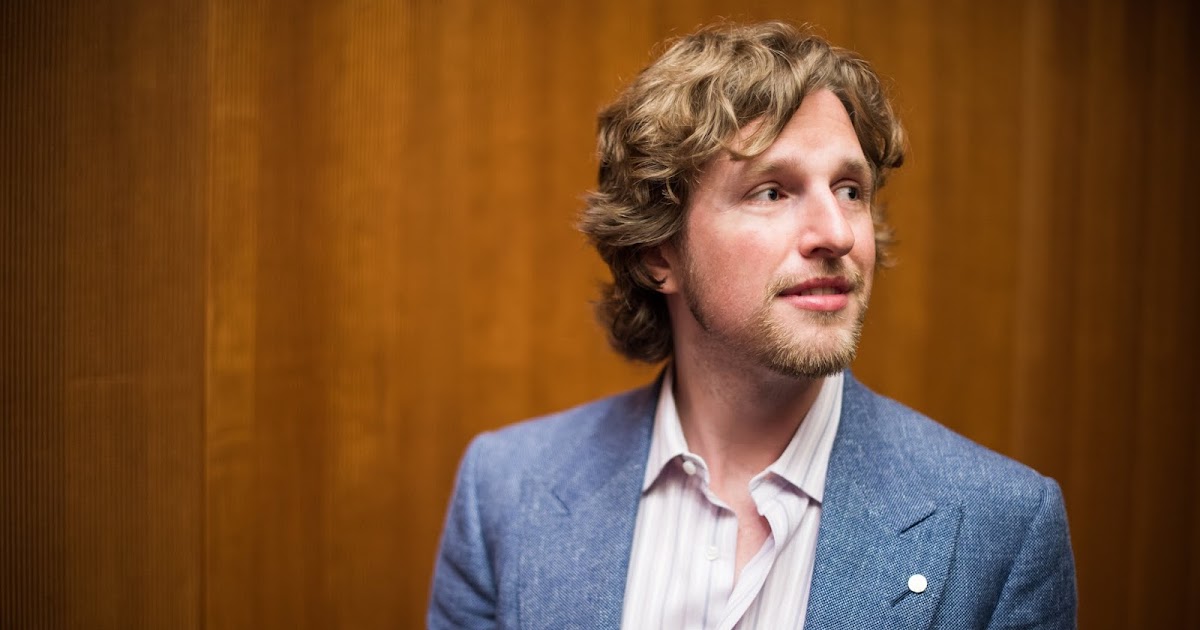Recently, Matt Mullenweg, co-founder of WordPress, has stirred controversy by claiming personal ownership of WordPress.org. This statement has sparked significant debate within the WordPress community and beyond, as it raises questions about the governance and future of the open-source project.
Background and Controversy
In an interview, Mullenweg stated, "WordPress.org just belongs to me personally," which has led to a clash with WP Engine, a prominent web hosting provider. The conflict escalated when Mullenweg cut WP Engine's access to WordPress.org servers, citing trademark concerns and insufficient contributions to the WordPress ecosystem .
WP Engine has responded by filing a lawsuit against Mullenweg and Automattic, the company he leads, accusing them of attempted extortion and abuse of power. The lawsuit claims that Mullenweg's actions are interfering with the normal operation of the WordPress ecosystem, affecting not only WP Engine but also plugin developers and open-source users .
Impact on the WordPress Community
The controversy has led to a significant fallout within Automattic, with 159 employees accepting a severance package to leave the company due to disagreements with Mullenweg's direction and handling of the situation .
Mullenweg's actions have also raised concerns about the potential blending of for-profit and non-profit interests, as WordPress.org is supposed to be a community-driven open-source project, distinct from the commercial interests of Automattic .
Visual Depictions
Images of Matt Mullenweg during this period show him in various thoughtful and engaged poses, often speaking at conferences or during interviews. These images reflect his active involvement in the ongoing discussions and controversies surrounding WordPress .
Conclusion
The situation remains dynamic, with ongoing legal battles and community discussions about the future of WordPress. Mullenweg's claim of ownership over WordPress.org has highlighted the complex relationship between open-source projects and commercial interests, prompting a reevaluation of governance structures within the WordPress community.



